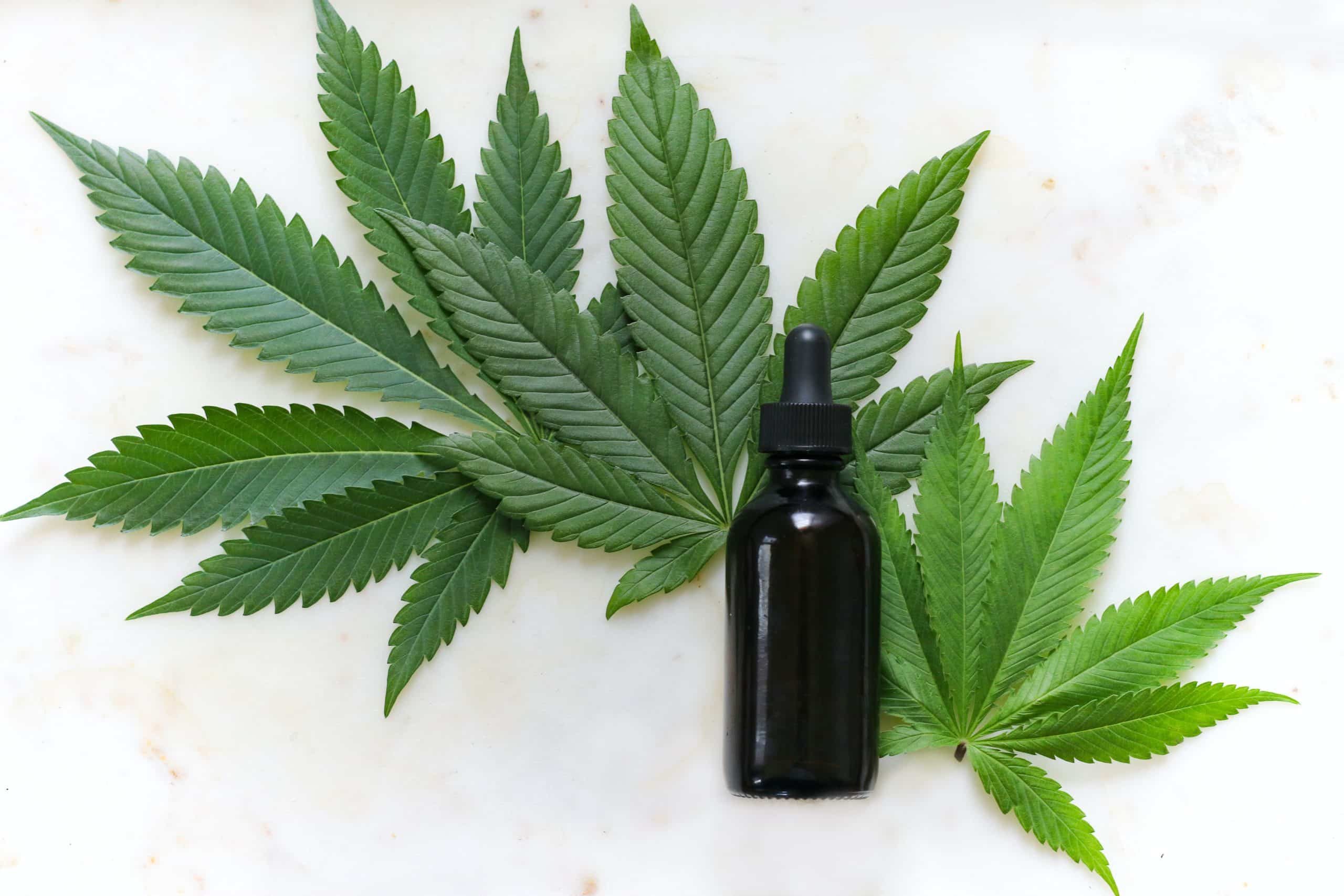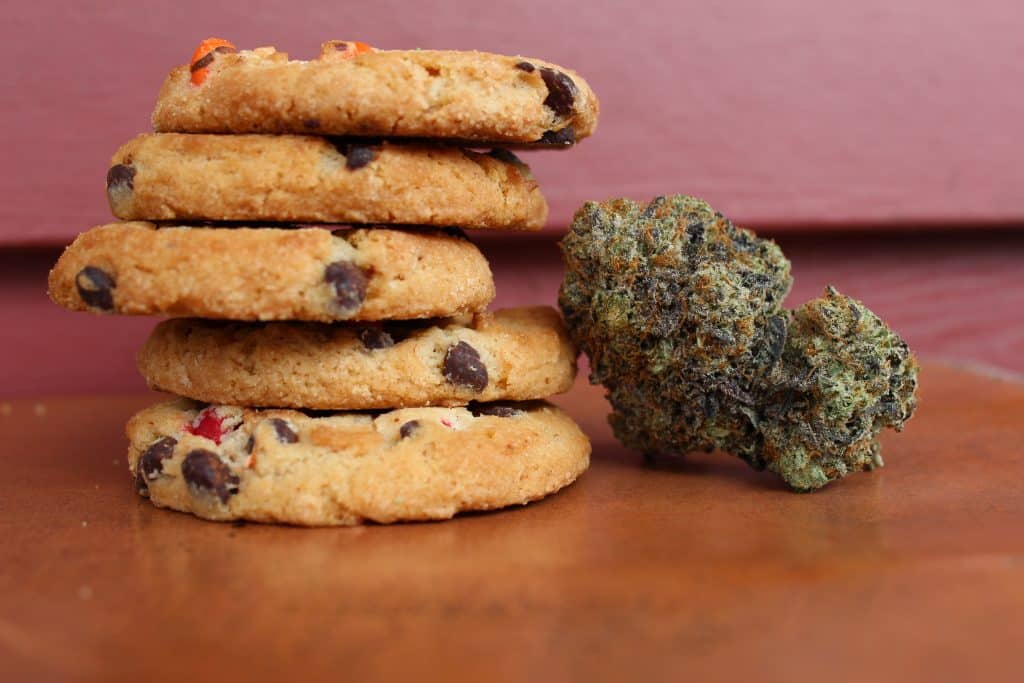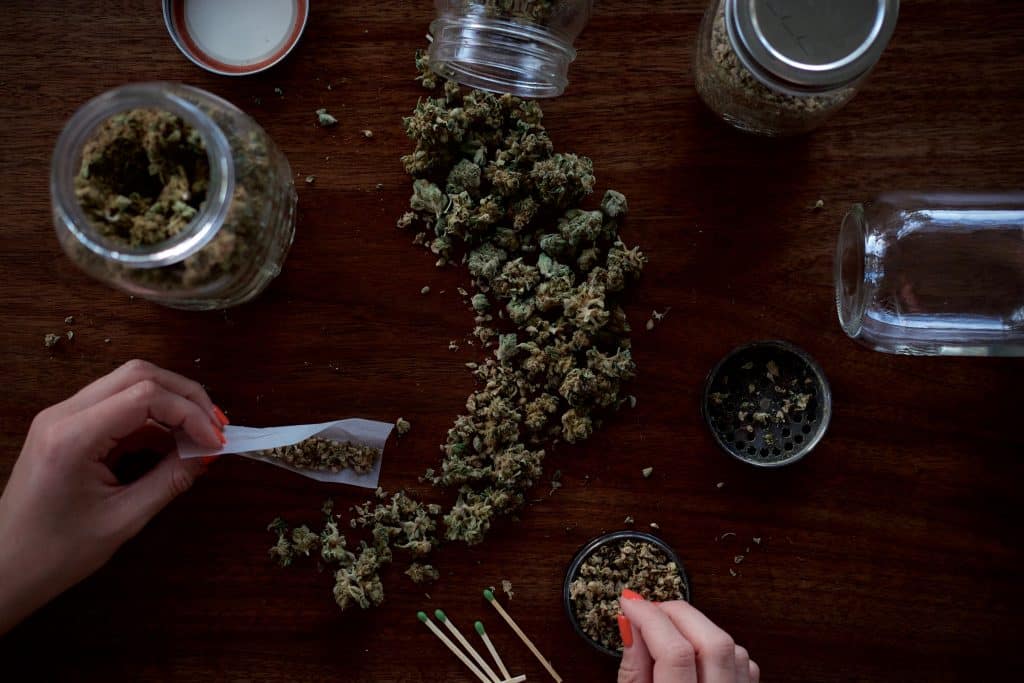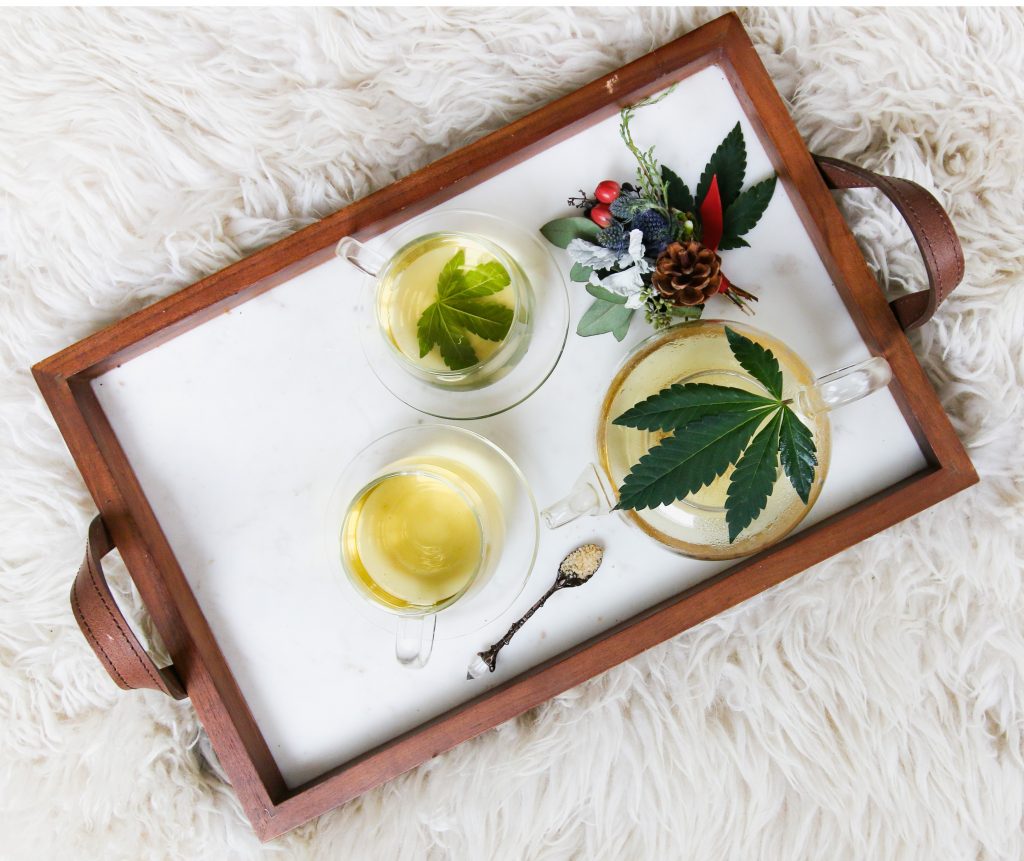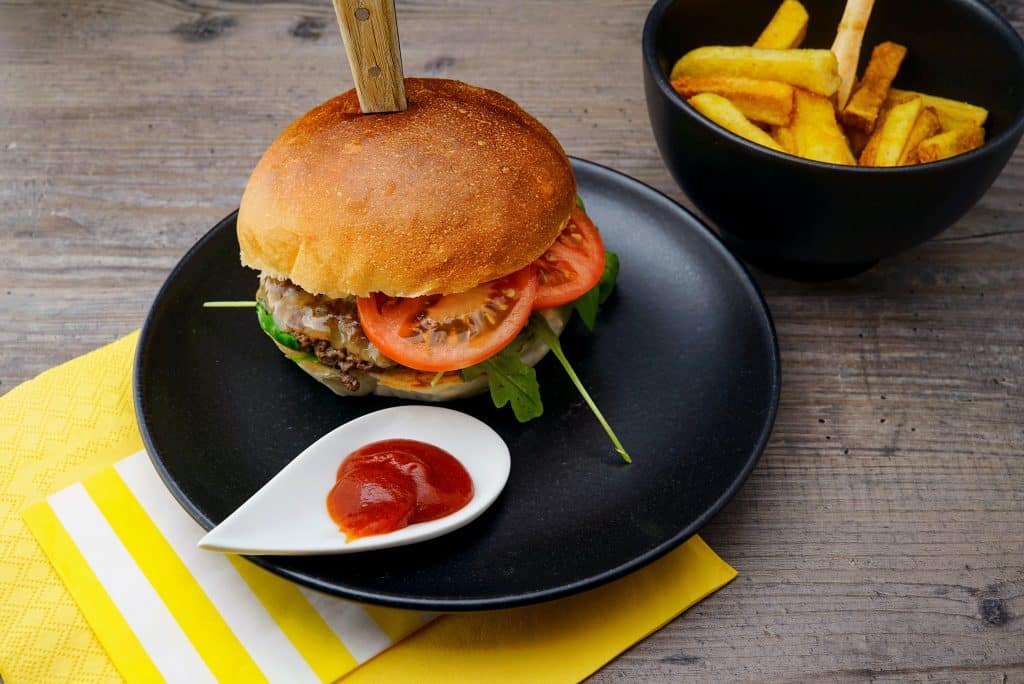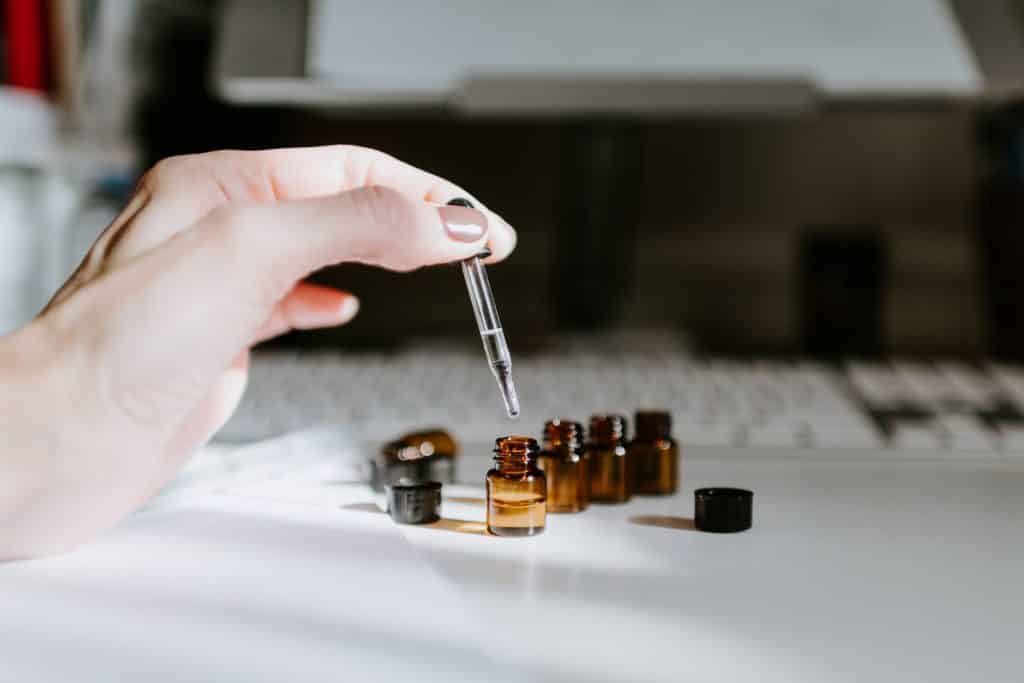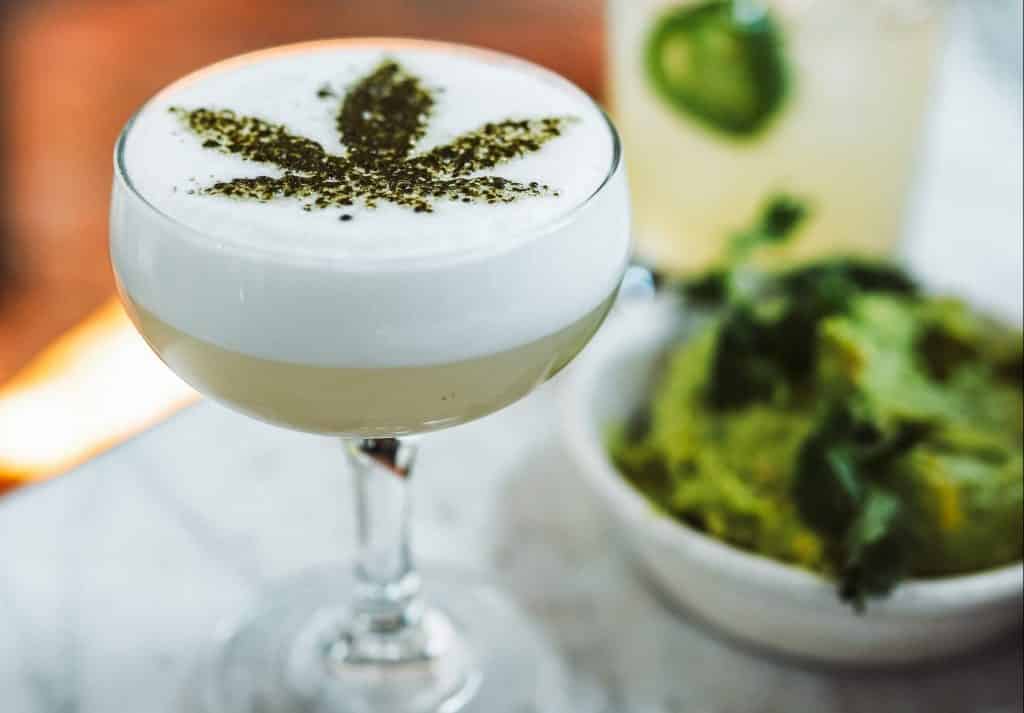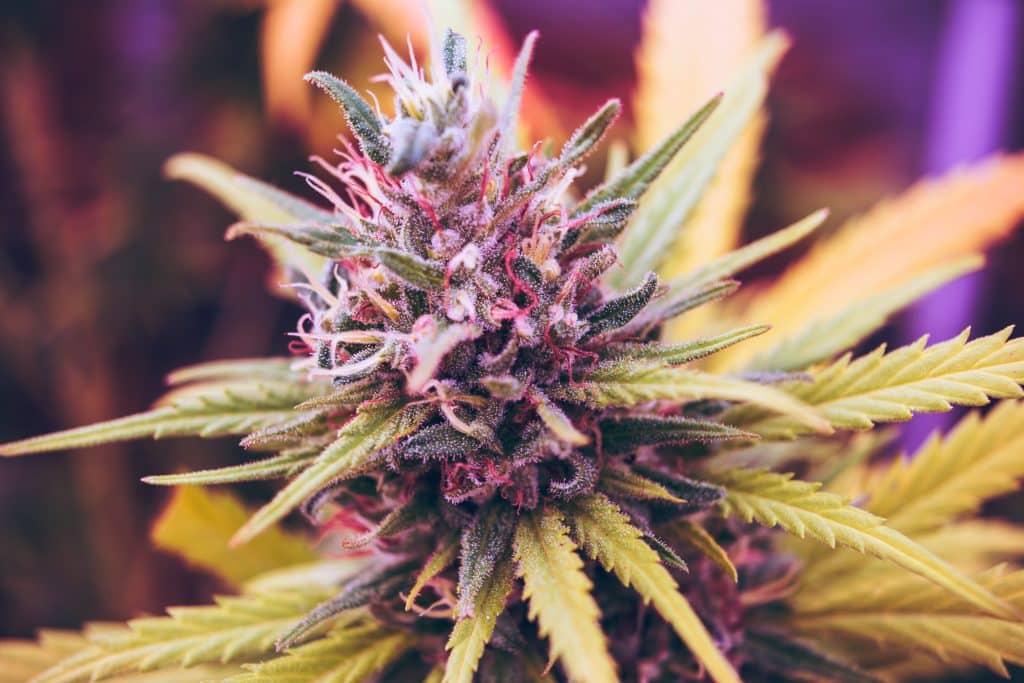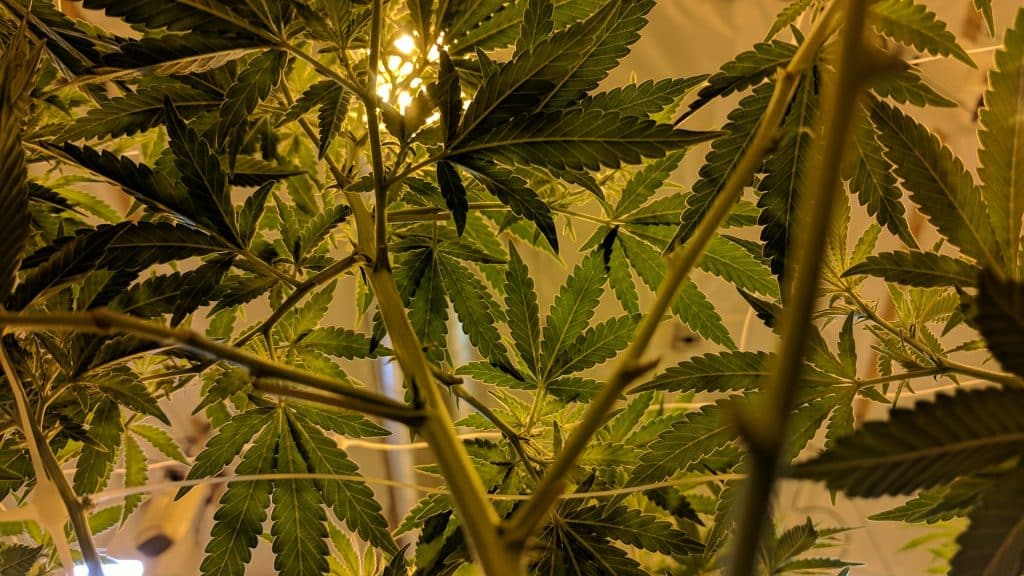The popularity of CBD has skyrocketed over the years, with people swearing by its medicinal properties. In the US, every corner shop you turn to seem to have some form of CBD, be it in the form of shampoo, oils, to CBD infused food. Cafes selling CBD infused cookies and coffees have started to pop up in Hong Kong. However, despite its fame, little is known about how CBD affects our body. This lack of knowledge coupled by its availability around the world has led to discrepancies and legal conundrums around the world. In some parts of the world, CBD has to be purchased with a prescription, however, in other parts of the world, it is as simple as buying a packet of chips off a supermarket shelf.
What is CBD?
Cannabidiol, or its abbreviated form, CBD is one of the active ingredients of cannabis. It is derived from the hemp plant, a cousin of the marijuana plant. CBD is not a psychoactive drug, as hemp plants do not produce enough tetrahydrocannabinol (THC), the chemical ingredient guilty of giving us that “high”. CBD is marketed as a wonder drug, with various companies and pharmaceuticals marketing its ability to cure cancer, alleviate pains, rectify sleeping disorders, etc. However, does it really live up to its claims?
According to Scientific American, CBD claims do have some backings. CBD has the potential to treat a variety of conditions as it has the ability to bind to various receptors in the body. It binds specifically to the endocannabinoid system, which involves pain, mood, metabolism. However, there isn’t sufficient information regarding how our body absorbs the compound to draw a conclusive conclusion.
Scientifically proven health benefits:
Reducing / stopping epileptic seizures:
According to Harvard Health, research has shown that CBD is able to reduce and even stop a number of epileptic seizures, which normally fails to respond to ant seizure medications. The FDA has also approved the first ever cannabis derived medicine, Epidiolex.
Reduce anxiety:
CBD is taken by patients who suffer from insomnia. Studies and testimonies from patients show that it could reduce anxiety and put them in a more relaxed state.
Reduce chronic pain:
Several studies back up this claim. A study by the European Journal of Pain uses animals as test subjects to show that CBD applied on skin can help lower pain and inflammation derived from arthritis. Another study showed that CBD inhibits inflammatory and neuropathic pain. However, more study on humans should be conducted.
Side effects of CBD:
- Nausea
- Fatigue
- Irritability
The Challenge in Prescribing CBD
The ideal prescription of CBD varies by many external factors including sex, age, body mass, medical conditions etc.
The drug’s behavior changes at different concentrations:
The ability of CBD to bind to multiple receptors make observation tricky. Furthermore, where it binds is heavily corelated to its dosage. CBD has the uncanny ability to behave like different drugs at different concentrations. Contrary to popular belief, increasing dosage doesn’t guarantee positive results. A study conducted by the University of Maryland School of Medicine showed that antianxiety effects peaked after 300mg dose, however was significantly lower at 900mg.
CBD is oil soluble:
The amount of CBD absorbed into the bloodstream increases when taken with meals or infused in oils. A report by GW showed that “plasma concentrations quadrupled when liquid medicine was taken with a high fat meal, compared to the medication alone.”
Variation in form and purity:
As CBD is only one of the few hundred components derived from a plant, extracts in some products contain varying amounts of CBD. Furthermore, the CBD may contain other compounds as well. The inability to quantify CBD in known amounts and the fact that it is not a concrete, single molecule causes variation in form and purity, hence the inability for it to be properly prescribed.
Is CBD legal?
United States:
Now the million dollar question. Is CBD legal? CBD is available in most of the states in the US, however all 50 states have varying levels of restrictions and laws towards the legalization of CBD. Mostly, CBD is legal as long as it contains less than 0.3% THC. However, Virginians can only access CBD with a prescription. It is marketed and sold as a supplement, not a medication. The FDA does not regulate the safety and purity of dietary supplements, hence, there is no way of knowing if the product contains said active ingredients. To be safe, do some more research about the laws in your area.
Europe:
The European Commission is in the process of determining if CBD should be labeled a novel foods or narcotics. Some European countries have legalized CBD in some ways, with the variation of most countries allowing less than 0.2% THC or no THC at all. France and Norway are examples of countries that only allow for a isolated form of CBD. However, a small number of countries on the other end of the scale who have made it illegal to buy, sell or possess CBD.
- CBD is restricted in cosmetic products in EU CosIng Annex II
Asia:
There is a mixed response of regulations throughout Asia. Even the pure form of CBD is completely banned in Singapore and Asian markets, however other markets such as Hong Kong and Japan are more lenient in accepting pure forms of CBD. A low percentage of THC or an isolated form of CBD has a better chance of expanding in Asian markets. Despite the reserved attitudes from Asian countries, there is a trend of laws relaxing as people are more open to claims of health benefits from other parts of the world.
- China is a big producer of Hemp. Despite CBD not being on the list of narcotics in China, it is only legal for cosmetic use and remain illegal for food and health
- Growing Hemp is illegal in Hong Kong. Hong Kong and Japanese markets allow isolated forms of CBD (0% THC) in the market.
- Countries that allow CBD as medical use: South Korea, Malaysia, Phillipines, Taiwan, Thailand.

